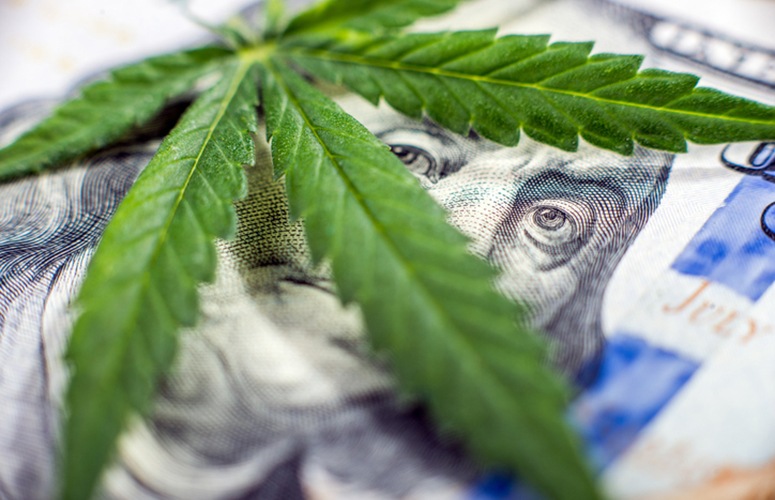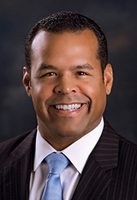
Legal Marijuana and a Drug-Free Workplace
At Issue
By Michael Wallace, NJBIA Vice President Government Affairs On Aug 31, 2018
Michael Wallace, NJBIA Vice President Government Affairs
How do you maintain a drug-free workplace if marijuana is legal to possess and use? This is no longer a theoretical question: New Jersey may soon take up legislation to make recreational marijuana legal.
As the debate gets underway, NJBIA will make the case that businesses still need to be allowed to prohibit marijuana use among their employees. In the meantime, employers should figure out how they will approach drug use in the workplace.
In addition to pledging to expand medical marijuana in New Jersey, Gov. Phil Murphy also campaigned on legalizing recreational marijuana and taxing it. In his first budget proposal, he even included $60 million in anticipated tax revenue from legalized recreational marijuana. The final FY19 budget, however, did not include these projected revenues.
Governor Murphy has said he hopes full legalization can be completed by the end of the year. That would take approval from the Legislature, which is being deliberate. But make no mistake, it is coming. In fact, the leaders of both houses of the Legislature have announced their support for it.
For any legalization policy to be effective, employers must be able to maintain a drug-free workplace.
The drug-free workplace laws have been on the books for 30 years and have proven to be effective in maintaining a safe and productive work environment. The key is to have a formal policy in the employee handbook that spells out exactly what will happen if someone is suspected of being under the influence.
Under current law, employers can prohibit employees from being at work under the influence of illegal drugs or of alcohol, and even legal medications if those are being abused. If an employee is suspected of being under the influence, the employer can require a drug test and take appropriate action, including termination of employment.
NJBIA is requesting that any legislation state clearly that legalization does not repeal or restrict the rights and obligations of public and private employers to maintain drug- and alcohol-free workplaces, or require an employer to permit or accommodate the use of marijuana, even if it is otherwise legal.
With marijuana still illegal under state and federal law, employers have the right to terminate employees who test positive for the drug. That right should be maintained under legalization. NJBIA is not asking for anything extraordinary; employers continue to have this right in states such as Colorado, California and Massachusetts, which have legalized marijuana.
It’s a safe bet that not every workplace will exercise this right; workplaces differ and even different jobs don’t require the same level of oversight. Some occupations and businesses are required by law to drug-test certain employees, and employers certainly would want to ensure anyone responsible for driving or operating heavy machinery is not under the influence. But in many places, it will likely be reviewed on a case-by-case basis.
One area that employers will agree on is that being impaired in the workplace is unacceptable. Employers, managers and HR professionals will need to be trained in recognizing the visible signs that someone is impaired. This goes beyond marijuana. Prescription drug abuse and even over-the-counter drugs can impact workplace productivity and safety.
Dealing with drugs in the workplace is not new for employers; the national Drug-free Workplace Act was passed 30 years ago, and drug testing by private-sector companies predates that. Legalization of marijuana, however, changes the dynamic for employers. In New Jersey, that change will likely come sooner rather than later.



